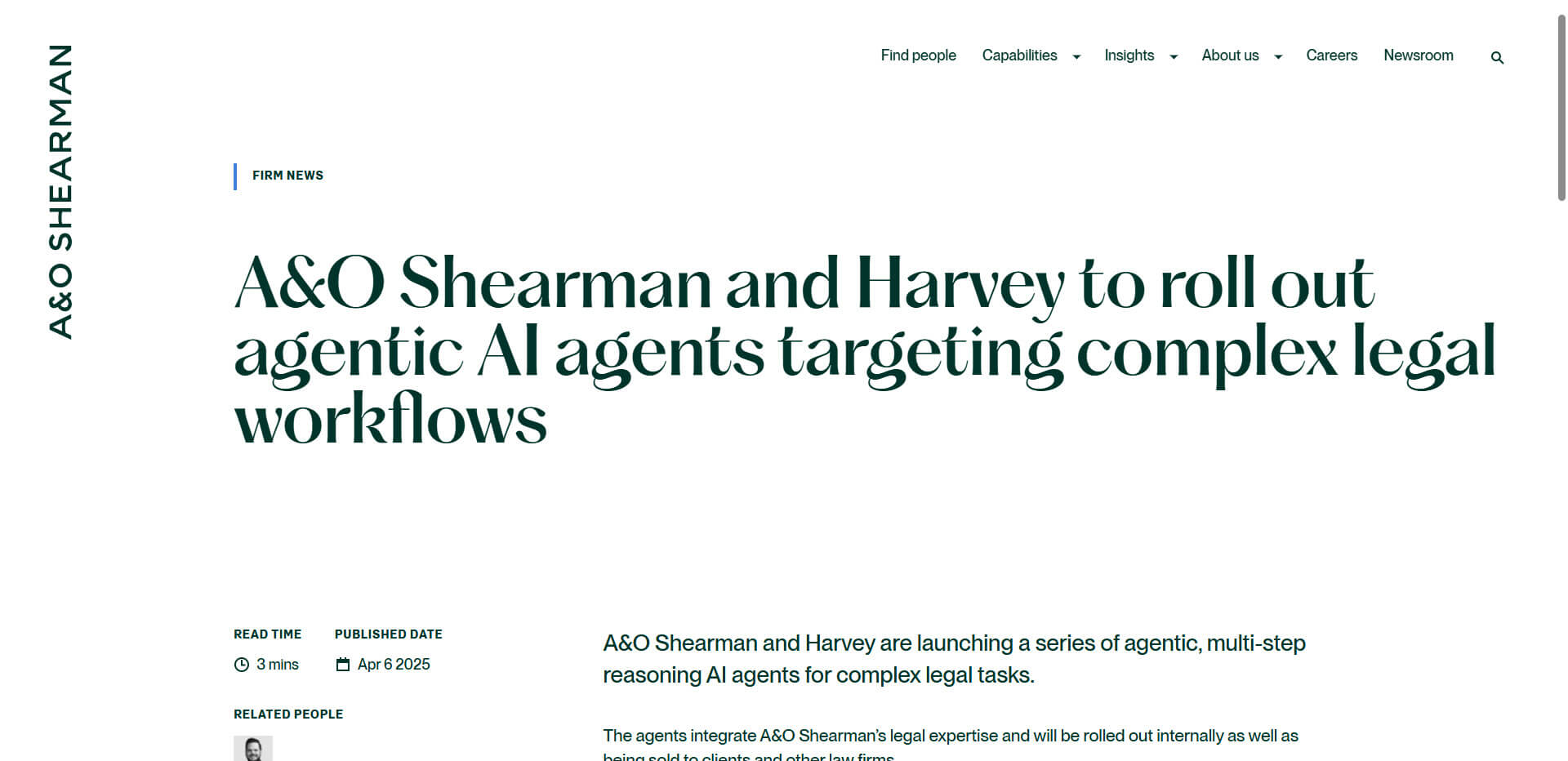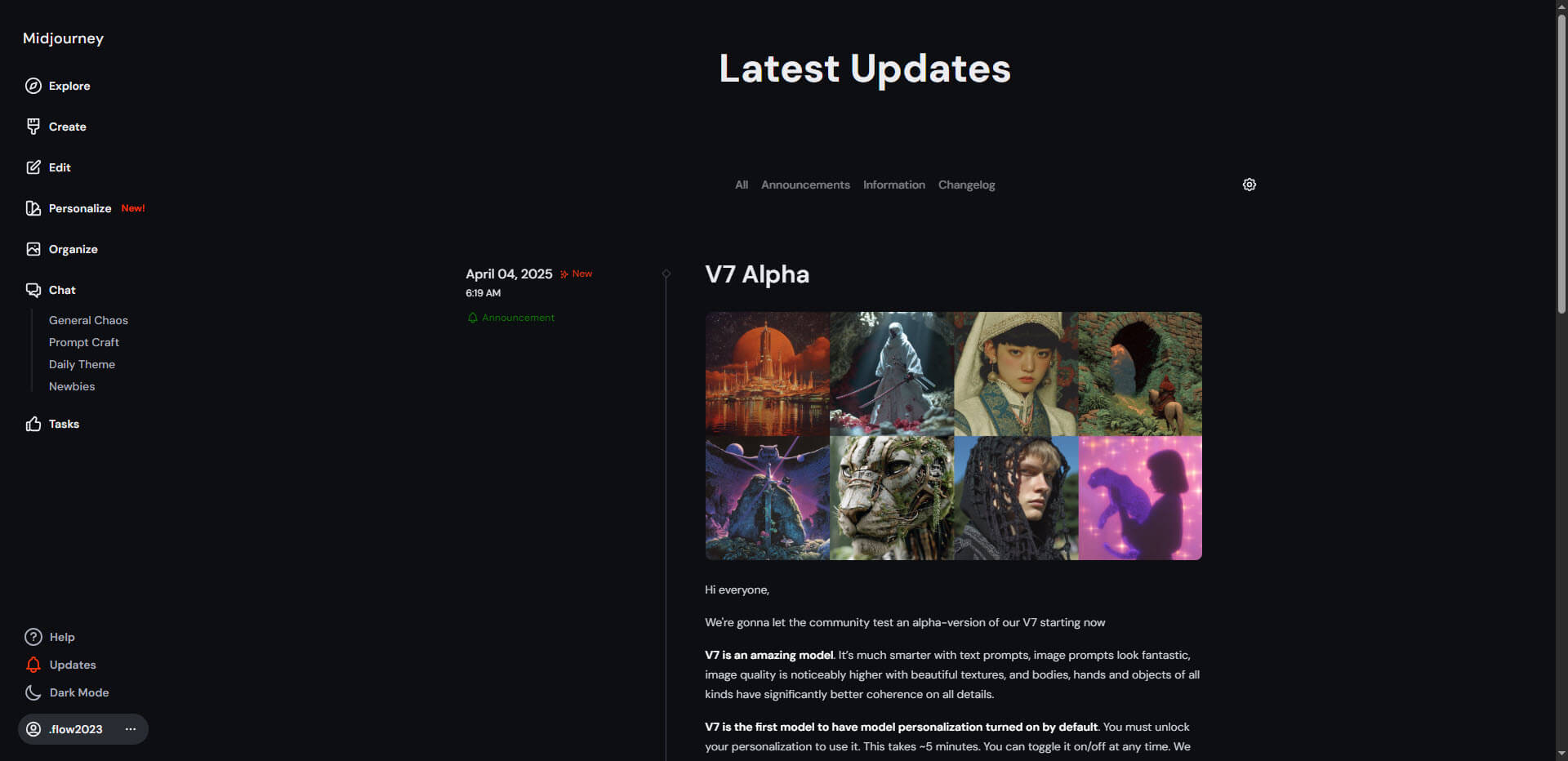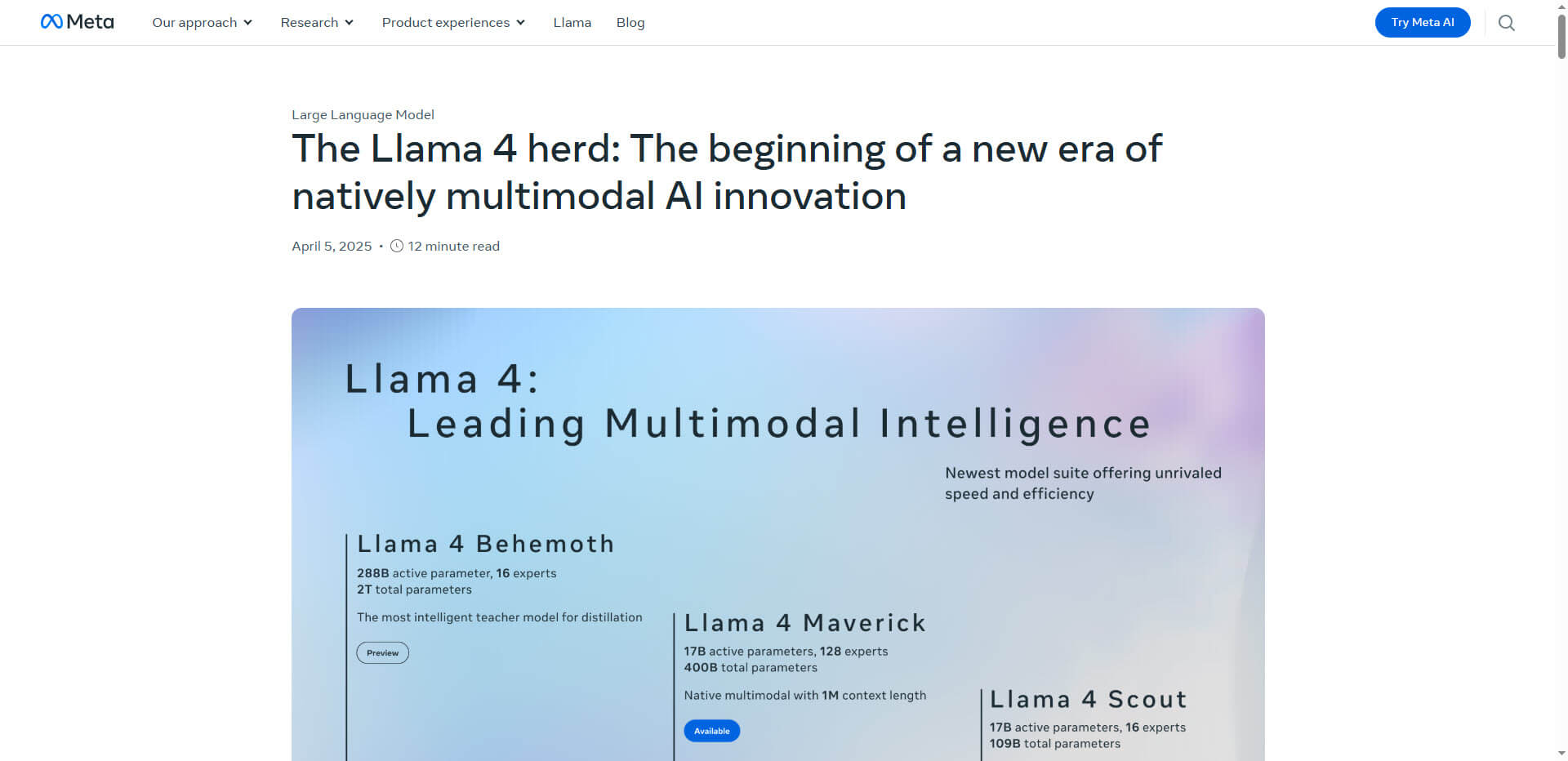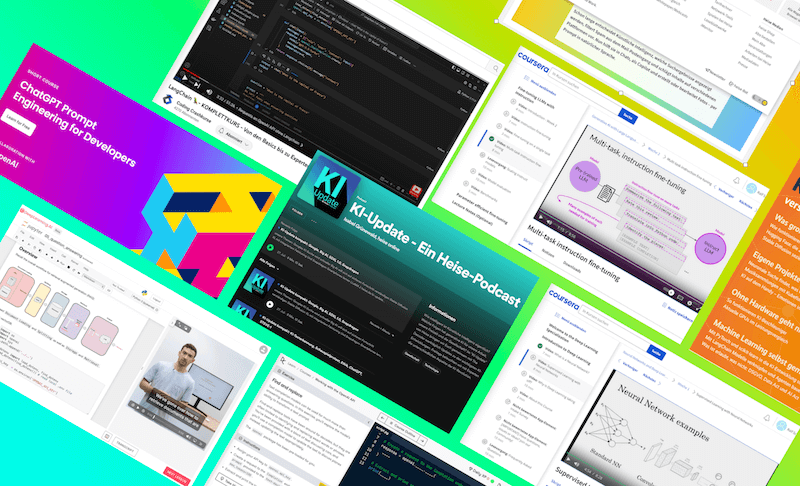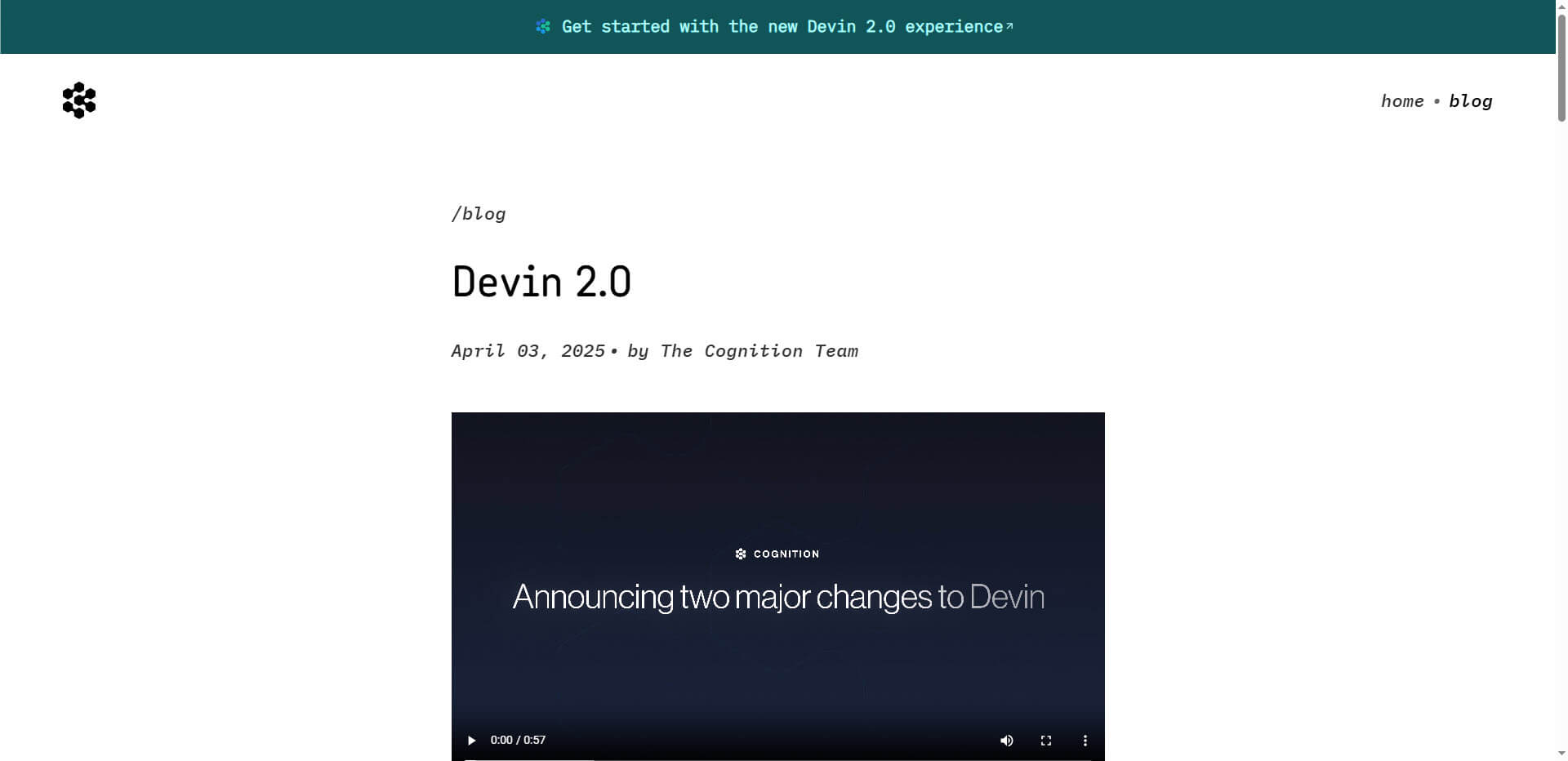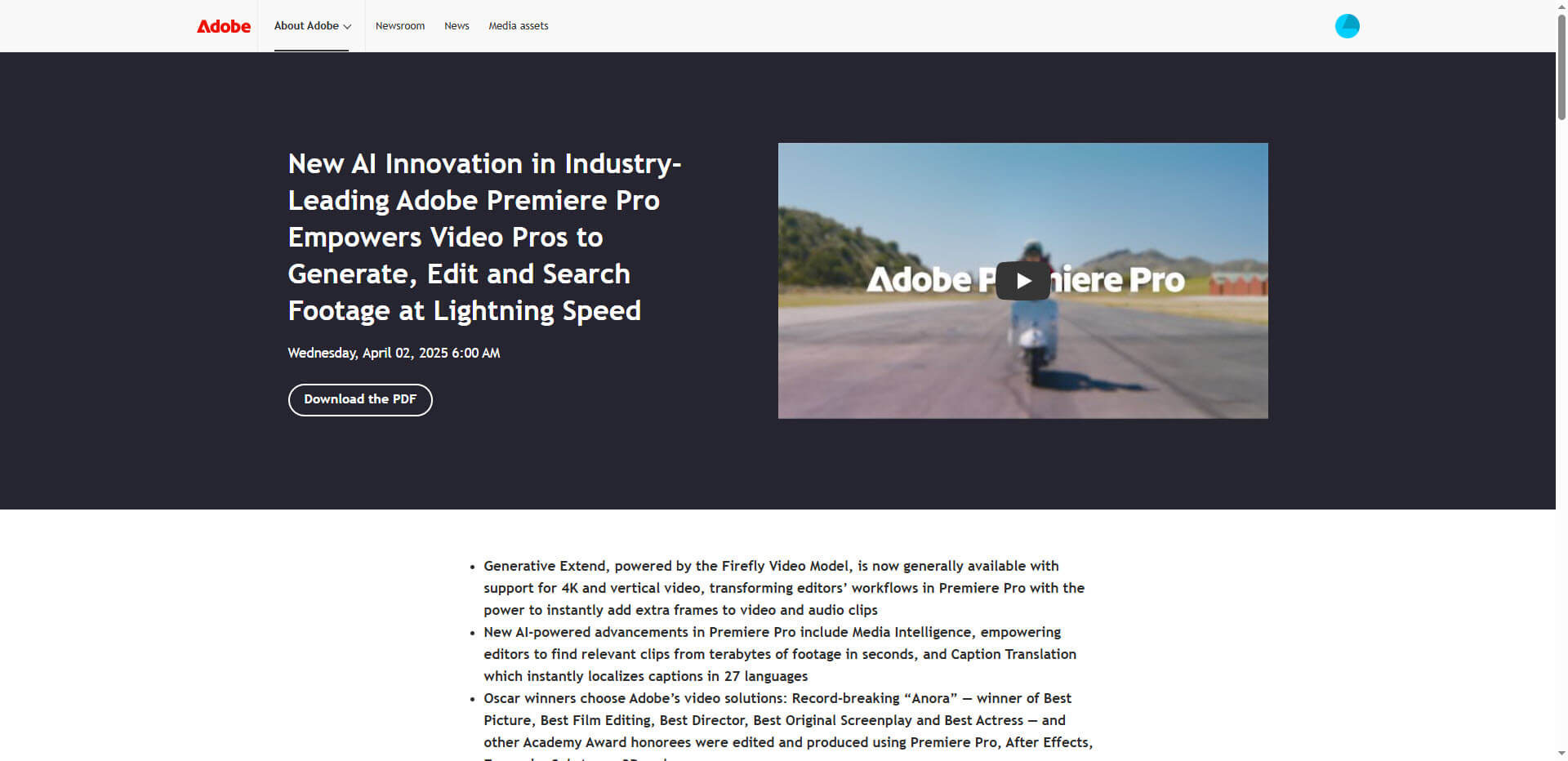Leading international law firm A&O Shearman has unveiled a pioneering AI innovation that makes complex legal tasks more efficient and accurate. Developed in partnership with legal tech platform Harvey, the solution aims to automate challenging activities such as antitrust analysis, cybersecurity compliance or loan reviews. These processes, which are normally entrusted to senior lawyers, can be significantly accelerated by the new technology – from several hours to just a few minutes.
Midjourney V7: AI image generation becomes more personal and faster
The latest version of Midjourney revolutionizes AI image generation through personalized aesthetics and accelerated work processes. Released in April 2025, version 7 brings fundamental changes that open up new possibilities for creative professionals and tech enthusiasts alike.
Microsoft Copilot becomes an active digital assistant with web booking functions
Microsoft is transforming its AI assistant Copilot into an active digital helper that can now independently book flights, make restaurant reservations and perform complex web tasks.
Llama 4: Meta’s AI models with MoE architecture and 10 million token context
Meta’s Llama 4 sets new standards in artificial intelligence with its innovative mixture-of-experts architecture, native multimodality and extended context windows.
Learn to program LLMs and chatbots – The best online courses
Developers who can code with large language models (LLMs) and AI are in high demand on the job market. And it’s not hard to get started, because there are numerous courses that can help you expand your skills. Here’s an always up-to-date overview of the most important online courses on LLMs, AI, chatbots, Python and more.
Devin 2.0: AI software development with 80% speed increase thanks to new IDE integration
Cognition AI is revolutionizing the AI development tool market with Devin 2.0, a comprehensive update that increases development efficiency by up to 80% with new IDE integration and improved collaboration features.
Adobe’s AI innovations 2025: Agentic AI transforms business processes
Adobe strengthens its leadership position in AI by providing innovative solutions for businesses that seamlessly combine creative processes and marketing automation.
Genspark AI Super Agent: How AI agents are changing access to information
AI-supported information processing reaches a new dimension with Genspark – the innovative search service transforms the way people find and process information on the Internet.
Claude for Education: Anthropics AI revolution in higher education
Anthropic introduces “Claude for Education”, a specialized AI toolset that promotes critical thinking and supports responsible AI integration in educational institutions.
GPT-4.5 beats humans in Turing test: AI breakthrough with 73% success rate
AI models reach new heights in human-like communication: GPT-4.5 even outperforms real humans in conversation tests.

